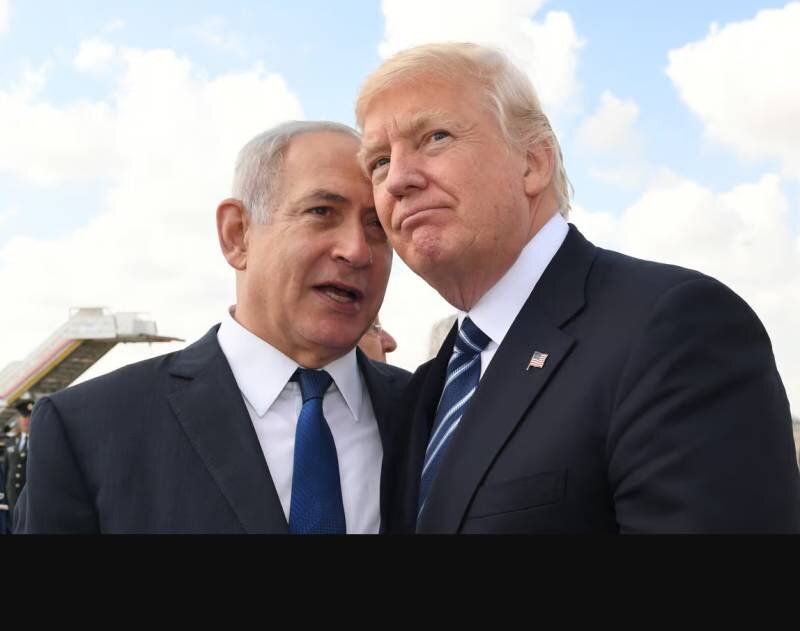Tehran – Tensions between Trump and Netanyahu are growing every day during Trump’s second presidential term. At the beginning of the presidency, Trump lifted the arms export ban imposed by the Biden administration and provided Netanyahu with the heaviest and deadliest bombs, so they were able to “finish the job.”
But it appears that Trump is now on a different path, with plans for the future that don’t quite line up with Netanyahu’s goals.
The first problem is the Gaza crisis. Earlier in his term, Trump promised to turn Gaza into a resort area through development efforts and managed to pressure the Israeli government to agree to a ceasefire with Hamas forces. However, the ceasefire and subsequent prisoner exchange did not last long, and today Israel launched a massive attack on Gaza.
Trump is strongly opposed to this action and knows that the key to moving forward with relations and investment with Arab countries is to maintain a stable ceasefire in Gaza. Meanwhile, Yemen’s Ansarra demonstrates its ability to threaten US and Israel’s interests in the Middle East with a missile strike at Ben Gurion airport. The recent US and Israeli attacks have little effect on their stance, and the US still considers ceasefire as the only solution.
The second reason for the heightened tension between Trump and Netanyahu is the issue of Iran. In recent months, Netanyahu has tried to push the US to launch airstrikes at Iran’s nuclear and missile sites, but Trump has so far rejected the request. Netanyahu believes that this is the best time to destroy Iran’s nuclear program, following the deaths of Hamas and Hezbollah leaders, the collapse of Syria, and claims of air strikes in Iran that destroyed air defenses. But Trump has not agreed to the proposal so far. Netanyahu is deeply dissatisfied with this. Especially since Trump recently said he hasn’t decided whether the new nuclear deal will allow Iran to enrich uranium.
Netanyahu is working hard to raise pressure on Trump to stop negotiations, using support from the Senate and pro-Israel lobby within the House of Representatives. Following Trump’s statement, Senator Tom Cotton and Lindsey Graham declared that the only acceptable deal with Iran would completely prevent Tehran from enriching uranium. They also urged Trump to submit nuclear deal documents with Iran to the Senate for approval. This requires a majority of two-thirds.
Iran Goldenberg, a senior official in the Middle East issues of the Obama administration and Biden administration, said: Trump’s diplomacy with Iran and the US agreement with the Houssis is undesirable from Netanyahu’s perspective, but the Israeli Prime Minister lacks the political figures that exist directly in Israel’s support in both Washington.
Under these circumstances, Netanyahu considers his only path to survival to maintain a coalition with his political foundation. In particular, he tends to like Trump more than Netanyahu himself. For this reason, Netanyahu has remained silent for the past few months, not publicly criticizing or taking any official stances against Trump.
These tensions continue to escalate, and perhaps the latest indication is that Israel has been removed from Trump’s recent Middle East tour destination list, despite traditionally being considered a country friendly with allies.

